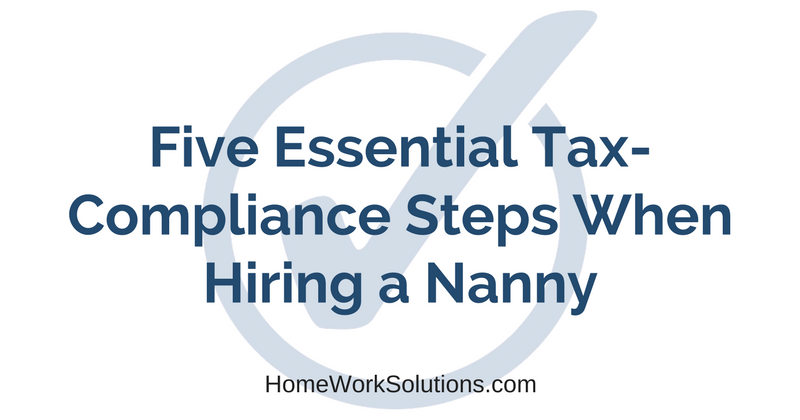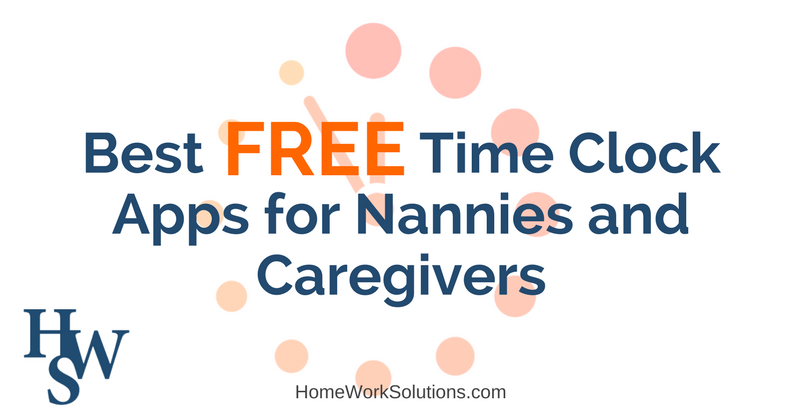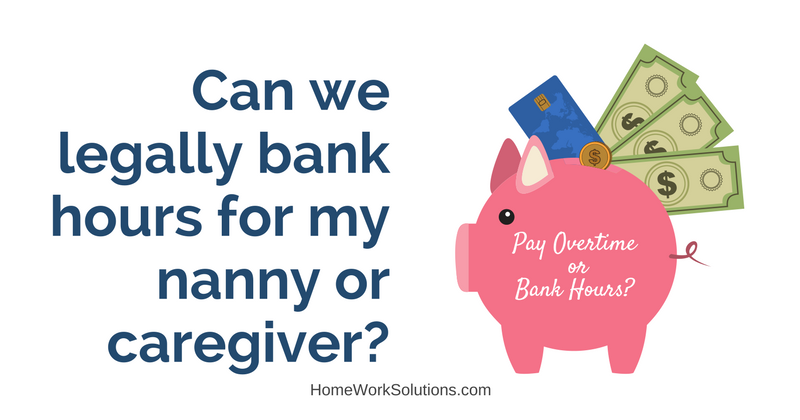You have a busy life and having a nanny or caregiver step in to help is a huge help, one you depend upon. But, sometimes things happen that throw you for a loop. What do you do when your caregiver calls in sick or other life emergencies happen? Here are some helpful tips.
Read More
Topics:
nanny,
agency,
senior
It's no secret that Americans are living longer, experiencing slower physical and mental declines in old age, and have a strong preference - both emotionally and economically - to age-in-place. The inevitable physical and mental declines, however, are key triggers for the need for in home support services so they can make that happen.
Read More
Topics:
agency,
senior,
CPA
A nanny will become an essential member of your household, caring for the most precious part of your life. So it’s a sensible decision to onboard a nanny (or any household employee) the correct way. These four steps will ensure that your nanny can begin work without delay and, come tax season, you or your tax preparer will have the necessary elements to file correctly.
Read More
Topics:
hiring a nanny,
nanny,
nanny tax,
nanny tax compliance,
agency,
senior,
CPA
If you’re a senior caregiver or nanny and you’re unemployed indefinitely, you can qualify for unemployment benefits. If you’re looking for temporary work but are afraid of losing your unemployment benefits, here is some helpful information that can help you determine if you can take temporary work assignments but keep receiving unemployment benefits.
Read More
Topics:
nanny,
agency,
senior
What 2017 tax records can you toss once you’ve filed your 2017 return? The answer is simple: none. You need to hold on to all of your 2017 tax records for now. But it’s the perfect time to go through old tax records and see what you can discard.
Read More
Topics:
nanny,
agency,
senior
If you have a new nanny or senior caregiver, it’s important that you have a reliable way to keep track of their hours worked. Accurate, contemporaneous time tracking will protect you as an employer from unpaid wage and overtime complaints and it will also ensure that the nanny or caregiver is paid for all their hours. Here are some free employee time clock apps that can help.
Read More
Topics:
nanny,
agency,
senior,
CPA
Disclaimer: HomeWork Solutions employees are experts in Employment Taxes, not personal income taxes. That said, we see these forms every day. If you have specific questions please see your personal tax accountant for more 2018 W-4 help.
First off, here is a link to the IRS maintained version of the Form W-4.
This new version has substantial changes. Even some elements that haven’t changed have been rearranged on the new 2018 federal W-4 form. Starting from the top we do see some familiar things (provided you’ve read the “fine print” of the form before). The general instructions haven’t changed much but there are some clarifications about the adjusted child care tax credit as well as credits for other dependents. You’ll notice then that the bottom third of the first page is now the Employee Withholding Allowance Certificate with no allowance worksheet above it. The section is still the same with name, address, social security number, etc. The most important things here are filing status (box 3) and number of allowances (box 5), the same as it has always been. The major difference is that getting to your number of allowances is considerably more difficult.
Read More
Topics:
nanny,
agency,
senior,
CPA
Once you’ve found the right person to serve as a nanny or caregiver in your home, you’ll be able to rest easy knowing that your loved one is in good hands while you’re away. Once you’ve hired your caregiver or nanny, you’ll discuss what hours they will need to work, but if you’re planning on "banking hours", or carrying their hours over, be aware that this process is illegal. Federal law requires that your household employee is paid for each hour they work in a given workweek. If they work more than 40 hours in any given 7 day workweek, you must pay them overtime, likely at a rate of at least 1.5 times their regular rate. Some states even mandate daily overtime, so be sure you know the overtime rules in your state.
Read More
Topics:
nanny,
agency,
senior










